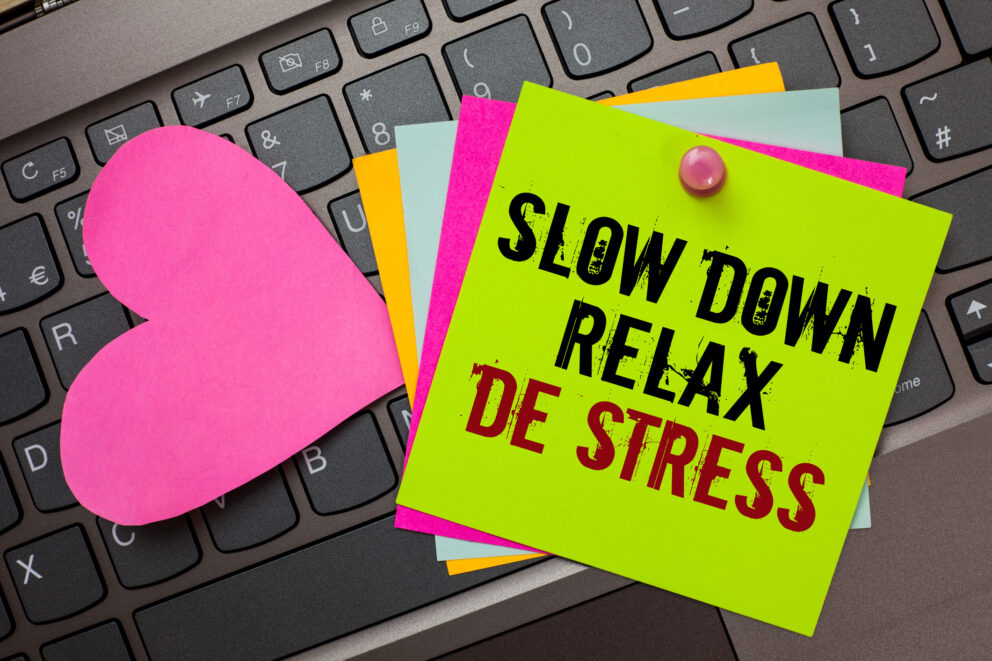The good news is we’re entirely capable of developing new habits at any point throughout our lives. The bad news is it’s incredibly difficult to rid ourselves of old ones once they’ve been established. But by gaining a fuller understanding of our habits, we can begin to loosen the grip that some negative habits have on our day to day lives.
We engage in habitual behaviors so often and with so little thought that they seem like second nature. Yet, while it very much is human nature to engage in habitual behaviors (we are ‘creatures of habit,’ after all), our habits in themselves, are not instinctive. On the contrary, they’re conditioned over time, engrained deeper into our consciousnesses every time we engage in the behavior.
Get to the Root of the Problem.
The first mistake made when attempting to address unwanted habits is solely considering the behavior at hand. While yes, the practice is the weed you wish to kill, you must first find the root, or “trigger,’ which is whatever makes your brain shift your consciousnesses into cruise control.
We must also consider the primary motivation or ‘reward’ we’re seeking when we engage in the habit. With healthy habits, we go into autopilot mode so that we can manage to walk and chew gum at the same time. But with not-so-healthy habits, we sometimes subconsciously opt to emotionally check-out from certain unwanted thoughts and feelings or maybe we’re just in need of a quick hit of endorphins.
Try one, try all.
There are five common methods used to break unwanted habits; REPLACE an old response with a new one. REPEAT the behavior until an alternative, less satisfying response kicks in. EXPOSE oneself to the stimulus. And lastly, INCENTIVIZE yourself to disengage from the behavior. Even merely being mindful of how our environment tends to influence our behaviors helps to mitigate the power they hold over us.
Ride that wave.
Clinical Psychologist Nadene van der Linden suggests utilizing a method known as ‘urge surfing’ to confront negative habits. She explains, “Urge surfing means riding through the urge to engage in your habit.”
She explains:
- Delay- Most urges will pass in 20-30 mins if you can just wait it out.
- Distract- Keep yourself busy and distracted during these 20 minutes.
- Make it Difficult- Simply make it harder to access your habitual behavior. (i.e., if you habitually drink in excess, don’t purchase alcohol; if you regularly bite your nails or pick at your skin, wear gloves; if you’re prone to binge eating, store your favorite foods in an inaccessible or inconvenient area).
Van der Linden adds, “It’s also important from a psychological perspective to replace the function of your habit – so if you habitually drink alcohol or binge eat to cope with stress or anger, explore alternative methods for managing stress… Most new habits take over 60 days of practice to change and become familiar. If you relapse to your old habit, just start fresh again the next day.”


















